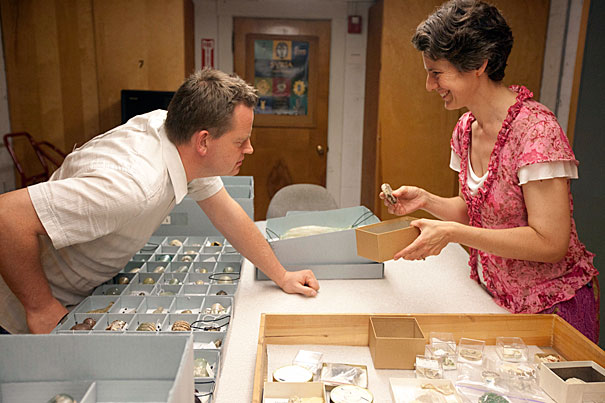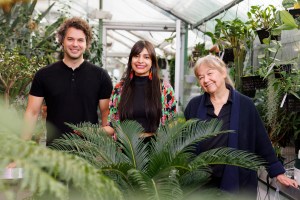Science & Tech
-

Rethinking — and reframing — superintelligence
Microsoft researcher says separating AI from people makes systems dangerous and unproductive
-
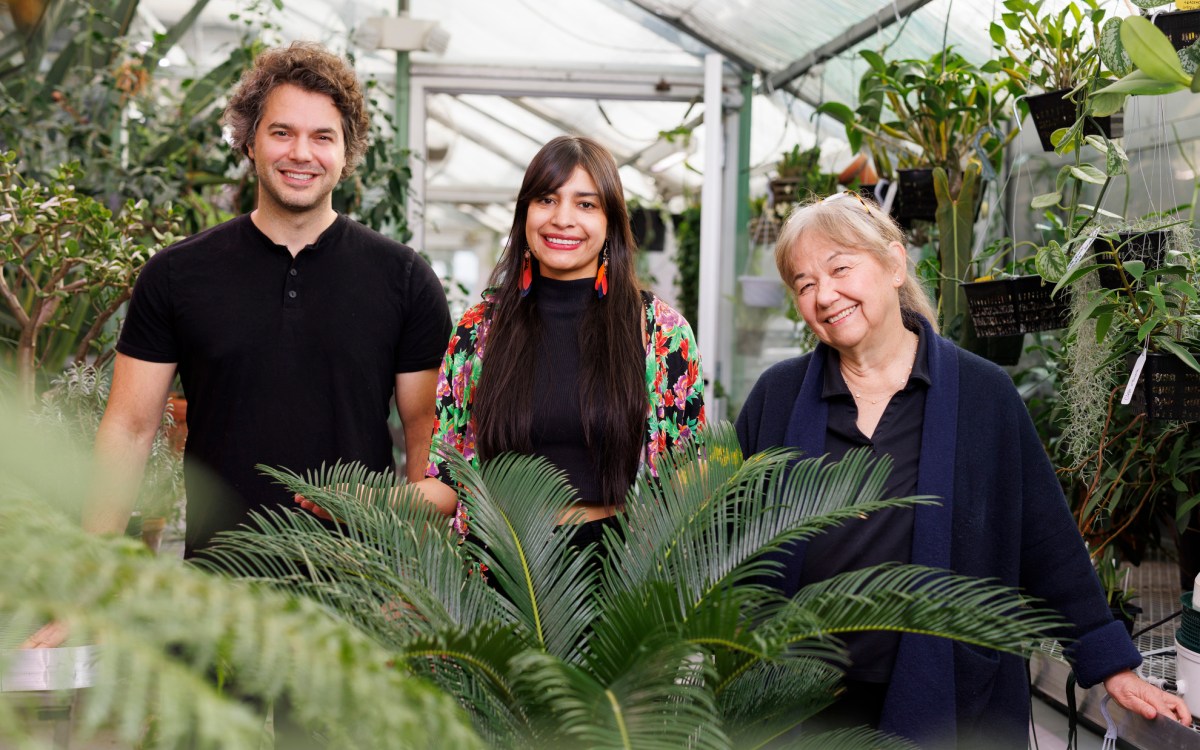
First, male gets heated up, then female, and then, you know
Study shows infrared radiation from plants serves as invitation to pollinating insects
-
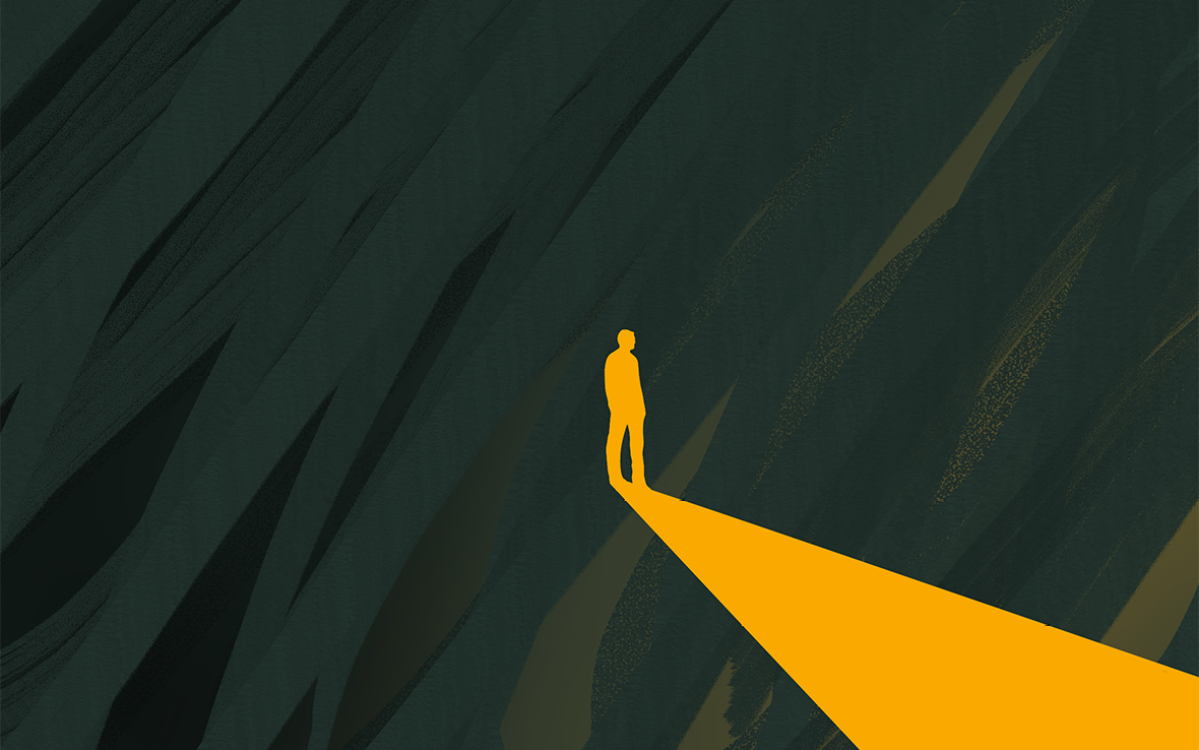
‘Consciousness’
What we know and don’t know about the life of your mind
-
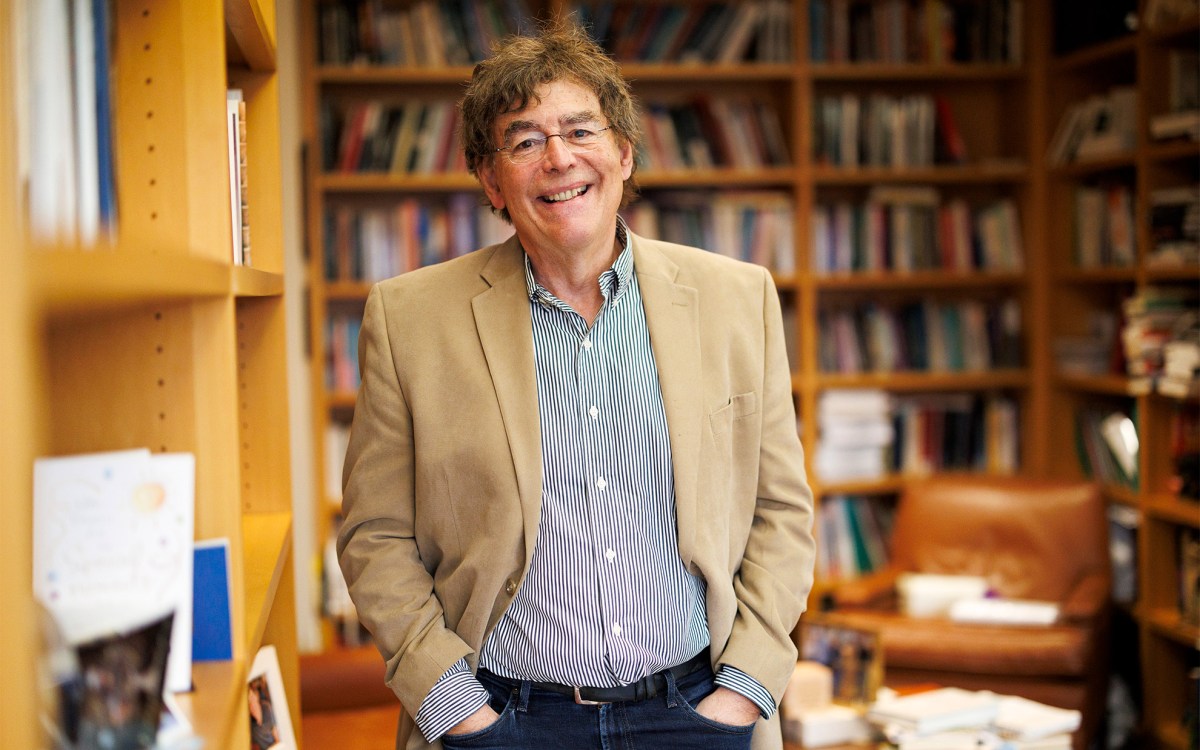
Science needs contrarians, and contrarians need support
Institute of Quantitative Social Science initiative tailored to researchers exploring provocative ideas
-

Cracking the code of why, when some choose to ‘self-handicap’
New research also offers hints for devising ways to stop students from creating obstacles to success

-
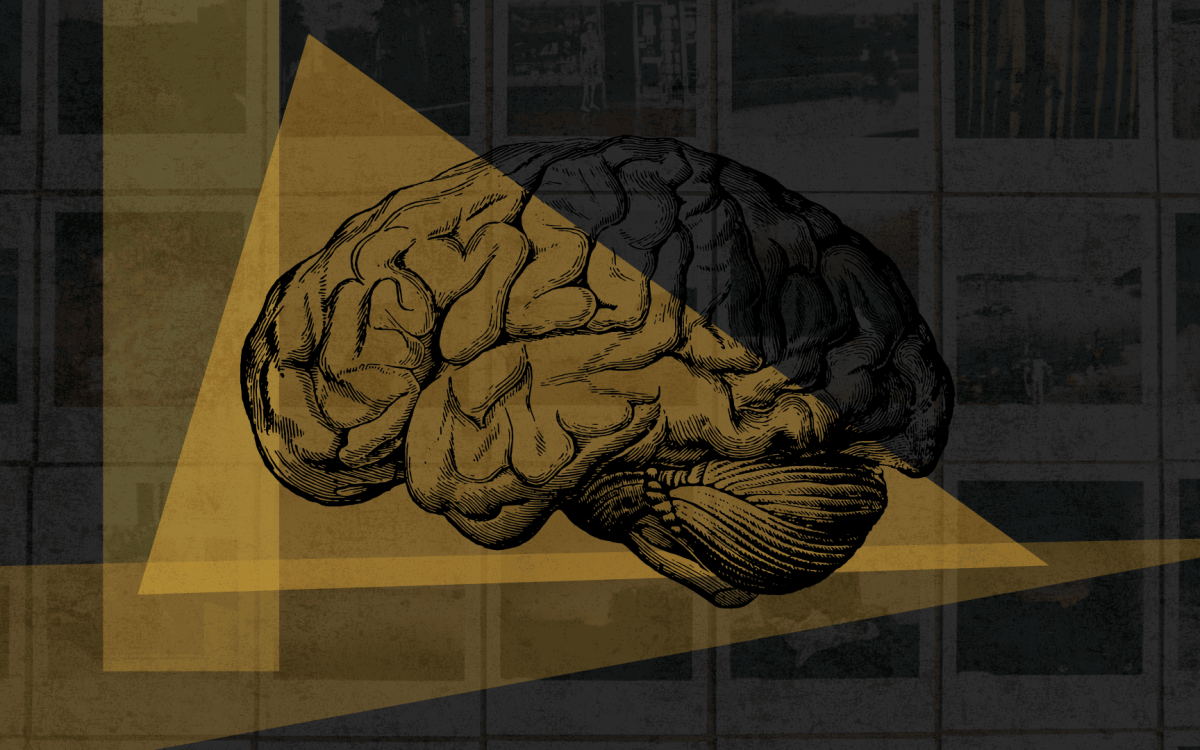
How memory works (and doesn’t)
In podcast, scientists explain why remembering is more reconstruction than replay
-
He blended it with science
Harvard professor and current Radcliffe fellow Michael Brenner explores the evolution of his wildly popular cooking course.
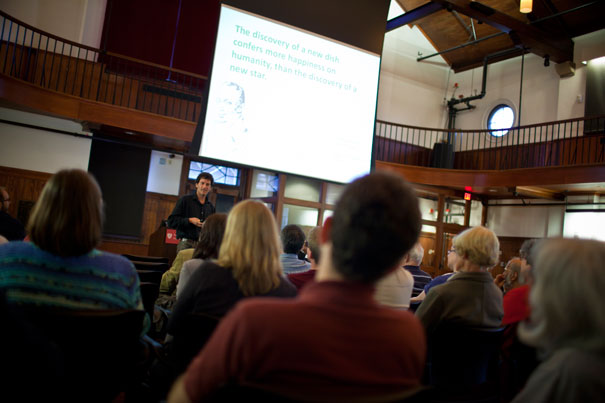
-
Developing fast, but sustainably
The Harvard Sustainability Science Program marked the beginning of its third phase Sept. 19 with a forum on issues facing the rapidly industrializing major nations of China, Brazil, and India.
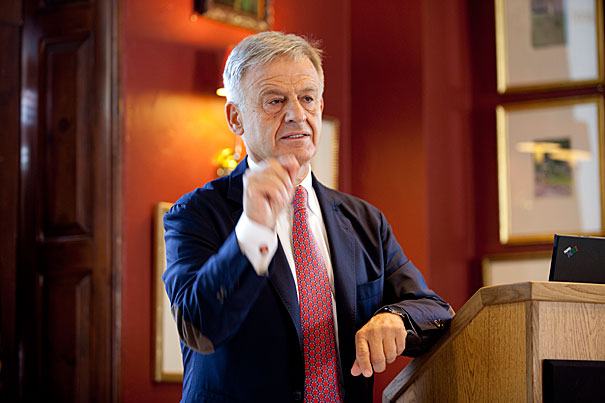
-
Following path of genetic footprint
An international team of researchers studying DNA patterns from modern and archaic humans has found that the Denisovans, a recently discovered hominin group, contributed genes to several populations in Asia and that modern humans settled Asia in more than one migration.

-
Scientific research, artfully shown
Researchers at the Harvard-Smithsonian Center for Astrophysics have embarked on an exploration unusual for space scientists — one involving art. A project probes how the presentation of images of space affects viewers’ appreciation and understanding of what’s happening in the pictures.
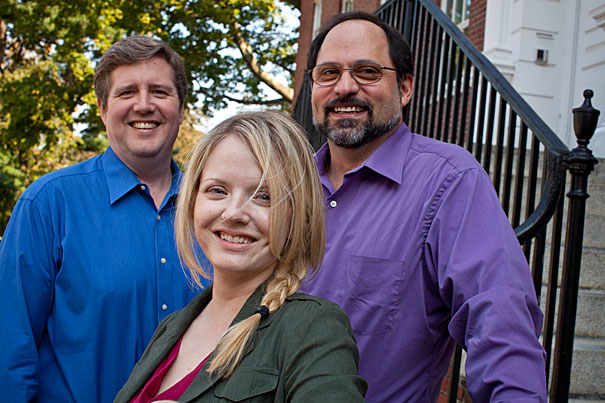
-
Plant offers slick strategy
Adopting the pitcher plant’s slick strategy, a group of applied scientists at Harvard have created a material that repels just about any type of liquid, including blood and oil, and does so even under harsh conditions like high pressure and freezing temperatures.
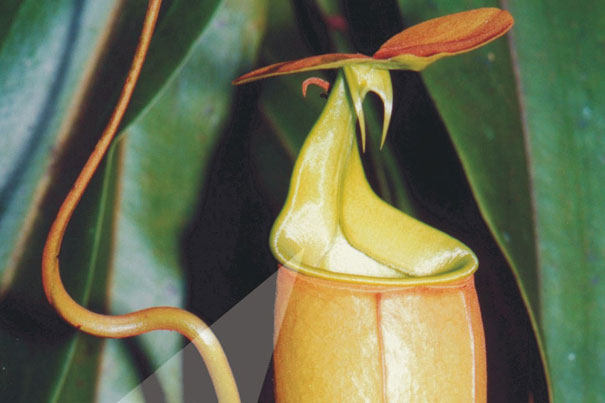
-
Intuitive? Try God
Harvard researchers exploring the roots of religion have found that intuitive thinking leads to belief in God, while more reflective thinking points toward atheism.
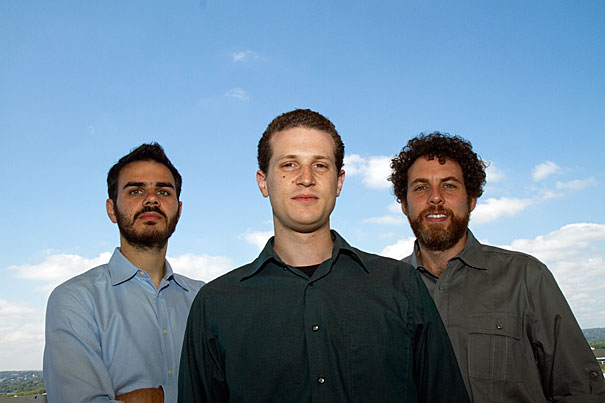
-
Surgical precision
In ES 227, “Medical Device Design,” SEAS students are given the opportunity to solve practical problems in a hospital setting, trying out the tools, learning about their use in real-world situations, and, in some cases, even sitting in on surgical procedures.
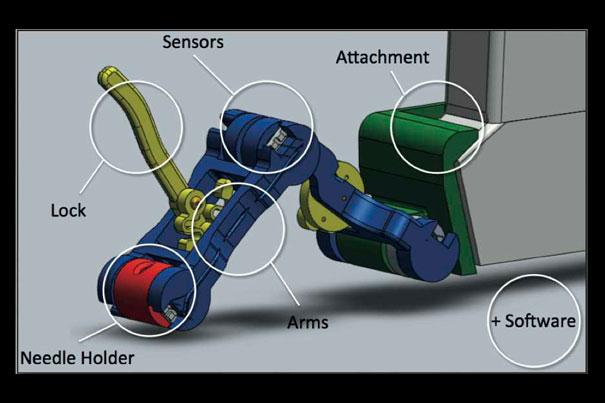
-
Data may not compute
The Dataverse Network Project, spearheaded by Harvard’s Institute for Quantitative Social Science, provides archival storage for research projects whose records are on outmoded technology formats.

-
Guarding the forests
The regeneration of the region’s forests during the last 150 years is an environmental gift that New Englanders shouldn’t squander with thoughtless development, the director of the Harvard Forest said in a talk at the Harvard Museum of Natural History.
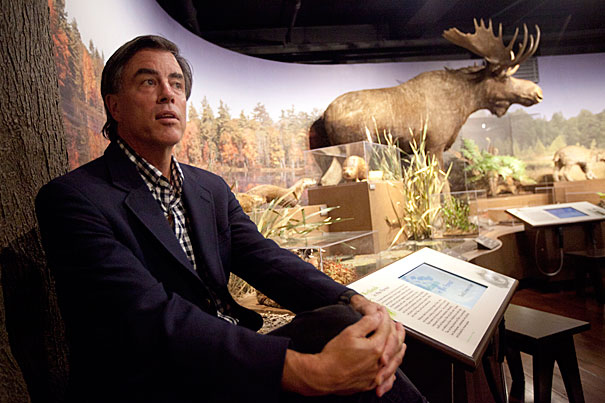
-
What makes AA work?
Among the many ways that participation in Alcoholics Anonymous (AA) helps its members stay sober, two appear to be most important — spending more time with individuals who support efforts toward sobriety and increased confidence in the ability to maintain abstinence in social situations.
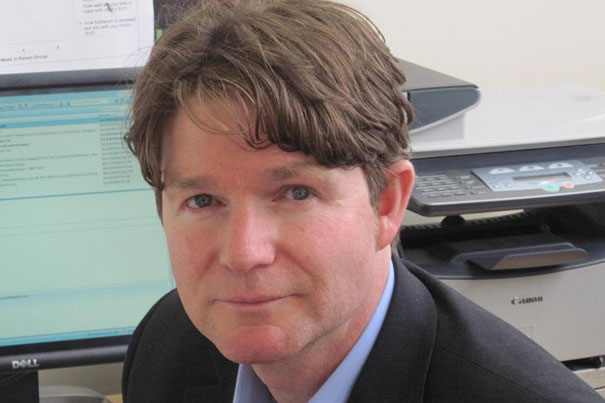
-
When old stars slow down
New research from the Harvard-Smithsonian Center for Astrophysics shows that some old stars might be held up by their rapid spins, and when they slow down, they explode as supernovae. Thousands of these “time bombs” could be scattered throughout our Galaxy.
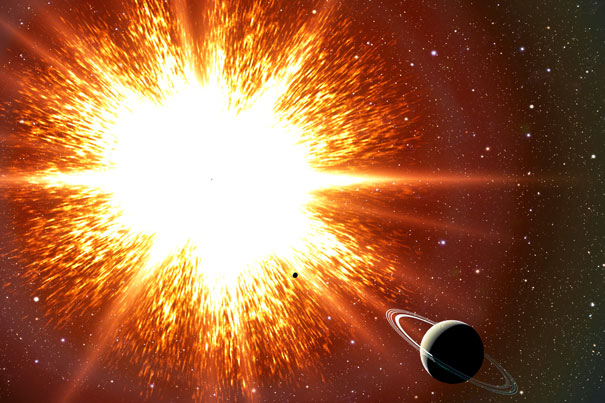
-
From a flat mirror, designer light
Using a new technique, researchers at the Harvard School of Engineering and Applied Sciences have induced light rays to behave in a way that defies the centuries-old laws of reflection and refraction.
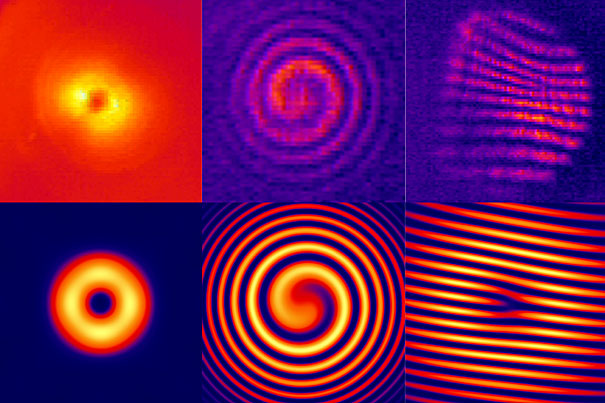
-
With the Earth as teacher
Students in Earth and Planetary Sciences kicked off their academic year early, spending a late-August week in paradise, observing Hawaii’s volcanoes, green and black sand beaches, and overarching geologic splendor.
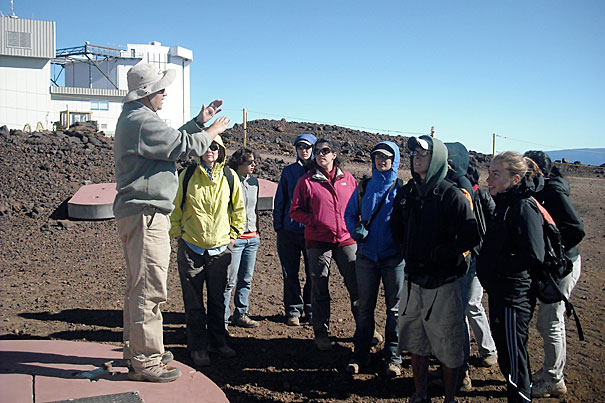
-
Wake-up call
Insomnia is costing the average U.S. worker 11.3 days, or $2,280, in lost productivity every year, according to a study led by Ronald Kessler of Harvard Medical School.

-
Connecting with freshmen
Harvard College freshmen got their first taste Aug. 26 of the world of ideas awaiting them over the next four years in a talk by Professor Nicholas Christakis, who delivered the 2011 Opening Days Lecture, “Connected: The Surprising Power of Our Social Networks and How They Shape Our Lives.”
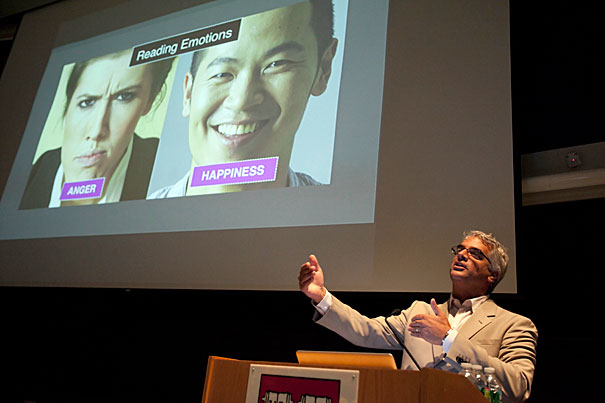
-
Brain navigation
Hanspeter Pfister, an expert in high-performance computing and visualization, is part of an interdisciplinary team collaborating on the Connectome Project at the Center for Brain Science. The project aims to create a wiring diagram of all the neurons in the brain.
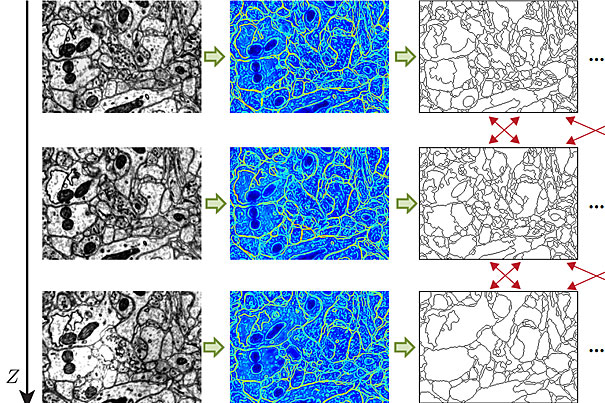
-
Electrical conductor sparks interest
Harvard and Stanford chemists have created and purified an organic semiconductor with excellent electrical properties, simultaneously confirming a screening process being used to find new photovoltaic materials.

-
What’s in a liquid
New 3-D nanostructured chip identifies unknown liquids instantly, offering a litmus test for surface tension.
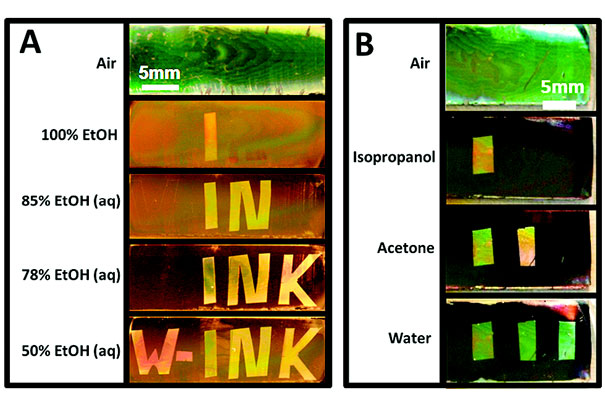
-
Gauging forest changes
Harvard scientists are leading an international collaboration that aims to coordinate research, data collection, scientist training, and analysis of information gleaned from two networks of forest plots, one through the Harvard-affiliated Center for Tropical Forest Science and the second created by Chinese scientists.
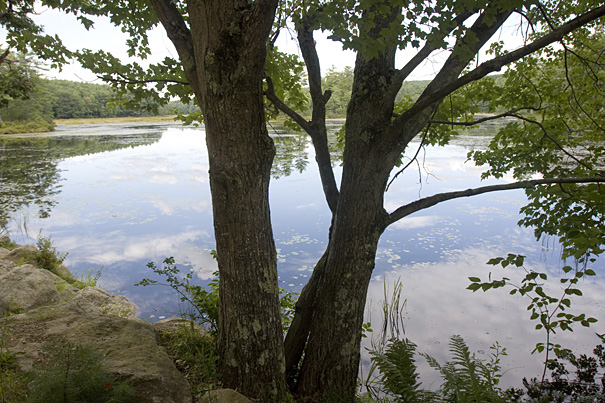
-
Light fantastic
New research shows that aurorae on distant “hot Jupiters” could be 100 to 1,000 times brighter than Earth’s aurorae. “I’d love to get a reservation on a tour to see these aurorae,” said lead author Ofer Cohen, a postdoctoral fellow at the Harvard-Smithsonian Center for Astrophysics.
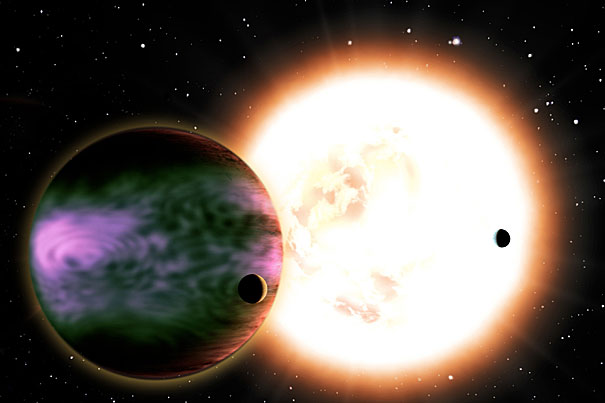
-
A closer look at atherosclerosis
Researchers at the Wellman Center for Photomedicine at Massachusetts General Hospital (MGH) have developed a one-micrometer-resolution version of the intravascular imaging technology optical coherence tomography (OCT) that can reveal cellular and subcellular features of coronary artery disease.
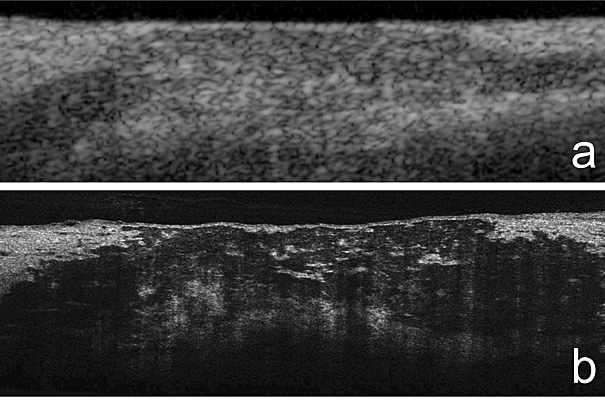
-
On Darwin and gender
New website opens a window onto naturalist Charles Darwin’s struggle with the complexities of gender, and illustrates how culture affects science’s vaunted neutrality.
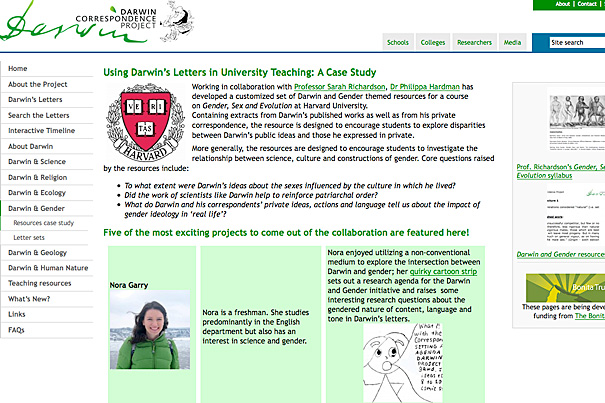
-
They dig the past
Harvard Summer School students broke ground June 29 for the biennial archaeology class investigating the long history of Harvard Yard. Students will resume the search for traces of the Harvard Indian College, where the College’s first Indian students lived and studied.
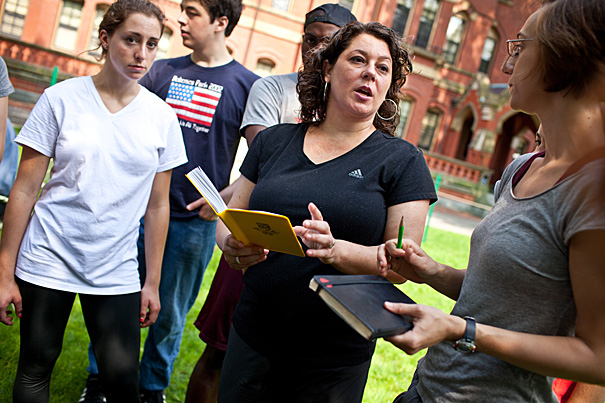
-
Pollock: Artist and physicist?
A quantitative analysis of the streams, drips, and coils of artist Jackson Pollock by a Harvard mathematician and others reveals that he had to be slow and deliberate to exploit fluid dynamics as he did.
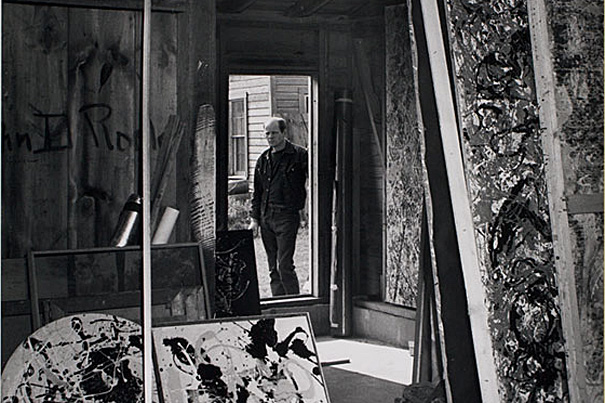
-
Just rewards
A Harvard University study built around an innovative economic game indicates that, at least for our younger selves, the desire for equity often trumps the urge to maximize rewards.
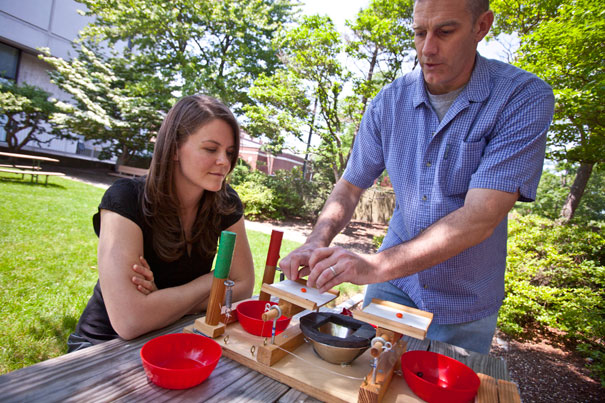
-
For Harvard, an IT summit
From across the University, members of the information technology community gathered for the first Harvard IT Summit.
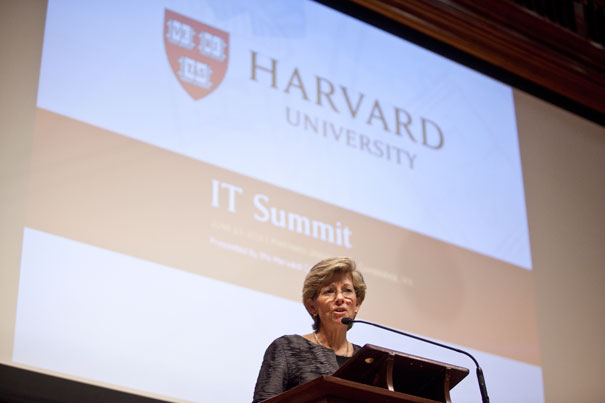
-
From A to Zeega
Three Harvard affiliates nab a big new-media prize, and marvel at the University’s converging forces that mix the digital age with traditional scholarship.
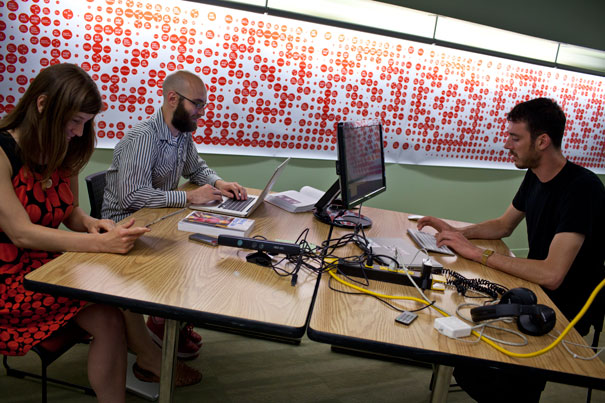
-
In the Arboretum, another world
The Arboretum is so serene and languid it can seem almost imaginary. On a warm summer day, dogs and runners and bicyclists all share the nearly silent space under the shade of giant and rare trees of odd shapes and sizes.
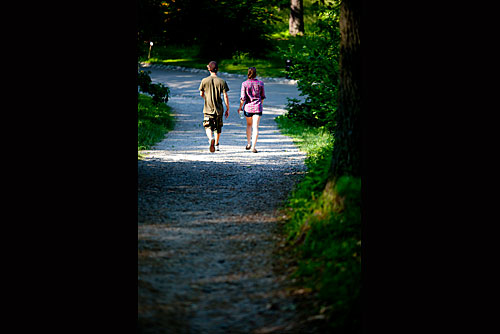
-
Hyper-public spaces
A symposium sponsored by Harvard’s Berkman Center for Internet & Society explored the design of public and private spaces in the digital realm.
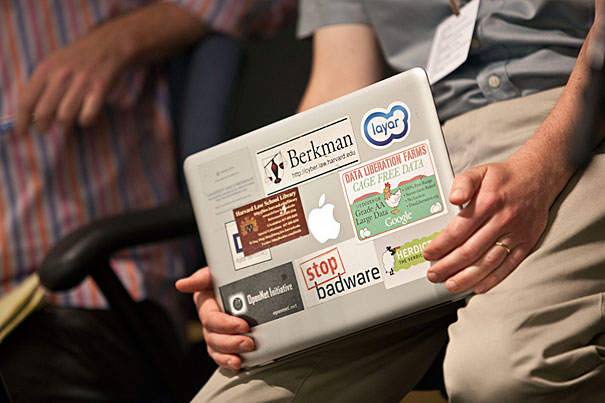
-
History shines through the glass
Researchers are examining the Harvard Semitic Museum’s collection of ancient glass for clues about the people who made it and their interactions with other societies through trade.
